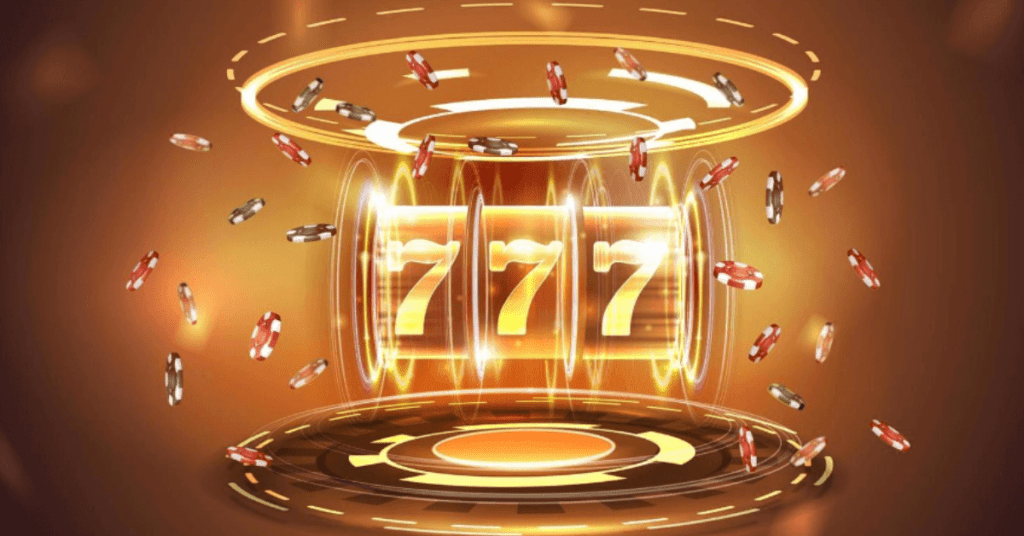What is RNG (Random Number Generation) In Slot Machines?
- by SlotGameMalaysia
An approach to producing a random outcome from a set of numbers is known as RNG. One of the first random number generation gadgets is the dice, which have a six-sided die and may produce results between 1 and 6. A dual coin and a deck of cards are additional tools for producing random events.
What is the process through which slot games incorporate random number generation (RNG) into their system? While the most recent ones make all digital slot games available online, a true random number generation comprises long-term slot machines.
What Is RNG?

RNG stands for Random Number Generation and is used in slot machines to determine the outcome of each spin. The RNG generates a number between 0 and 1, which is then used to calculate where the reels should stop. The position of the reels is decided by the random number generation, and so each spin is completely random. There is no such thing as a lucky or unlucky number, and so each spin has the same chance of winning as the one before it.
RNG are carefully regulated by gaming authorities to ensure that they are fair and random. Casinos also use RNGs to prevent players from counting cards or using other methods to predict the outcome of a spin.
The RNG doesn’t just stop at the reels either. It’s also used in some scratch cards and instant wins. It also determines the outcome of certain promotions and prize draws, most commonly underrepresented football teams winning a place in a cup final!
True Random Number Generators (TRNG)
Consider rolling a six-sided die and getting the number 3. We have a 16% chance of getting a three if the likelihood of the outcome assumes that one of the six sides will come out on top.
Calculating the probability of the outcome of a real die involves a lot of variables in the real world. The direction of the wind, the flatness of the surface, the angle of throw, and many other variables are taken into consideration while computing the results. True random number generators factor “true randomness” or natural entropy into the calculation.
A good illustration of a genuine number generator in use in the gaming business is roulette. The results of the ball’s rotation around the wheel are influenced by its exposure to natural entropy, such as the material’s roughness or the ambient temperature of the space.
Pseudo Random Number Generators (PRNG)
Natural entropy has no impact on pseudo RNG, in contrast to true RNG. The output of a PRNG is the result of a brief initial value passing through a complicated equation, which makes up for the absence of entropy and simulates true randomness. PRNG games generate a random sequence devoid of any discernible patterns using the seed value or key.
Even while computer-generated seeds are effective at providing random slot results, the algorithms’ reliance on digital simulations prevents them from being truly “random.” On the other hand, PRNG is a reasonably priced method for software developers and makers of slot machines to duplicate genuine random results.










